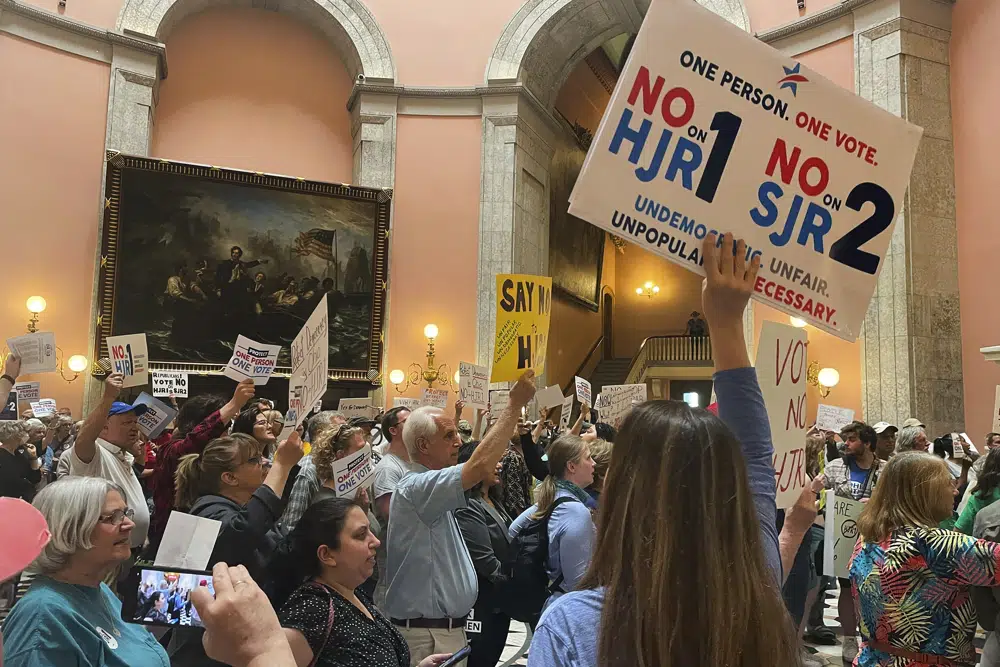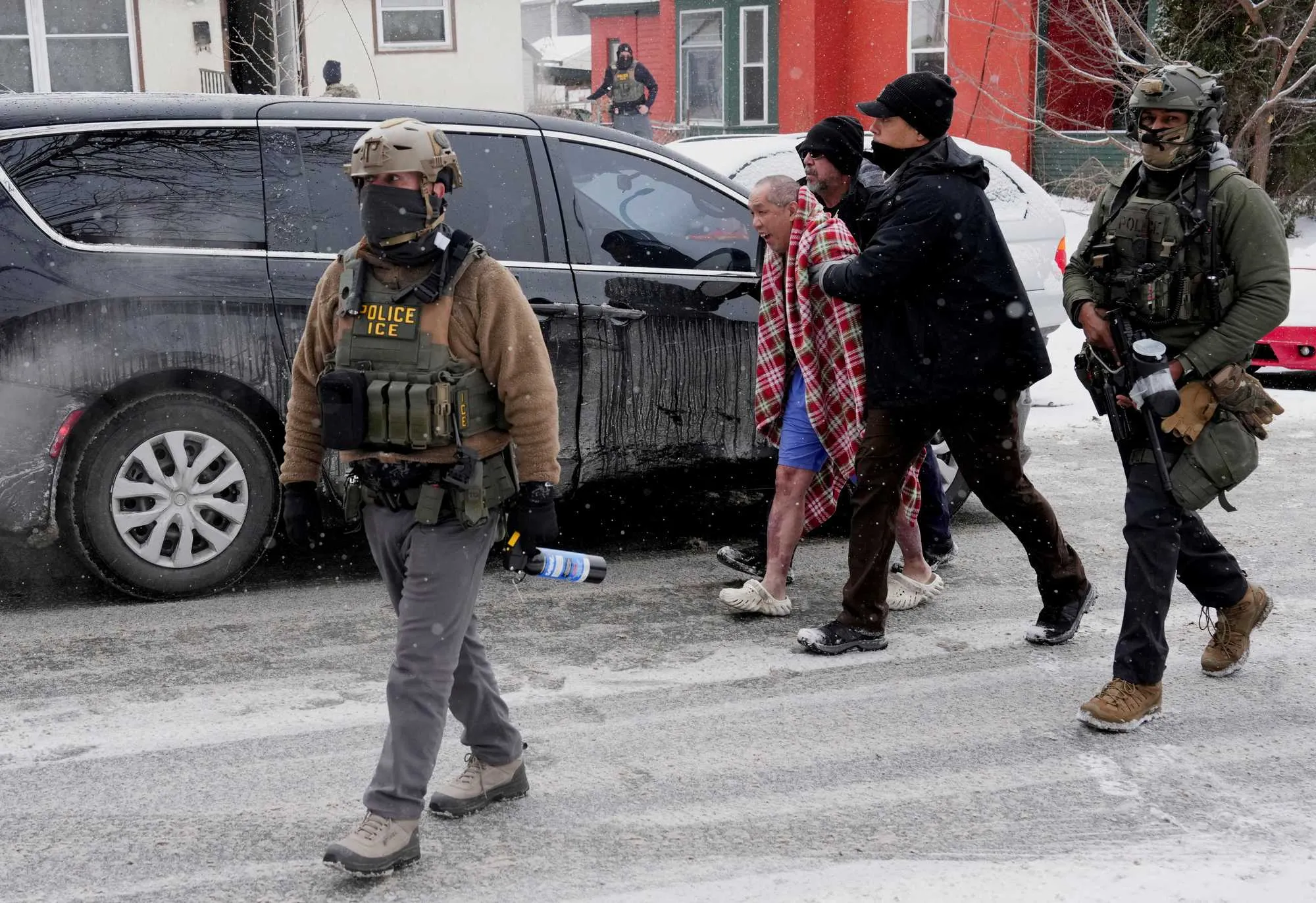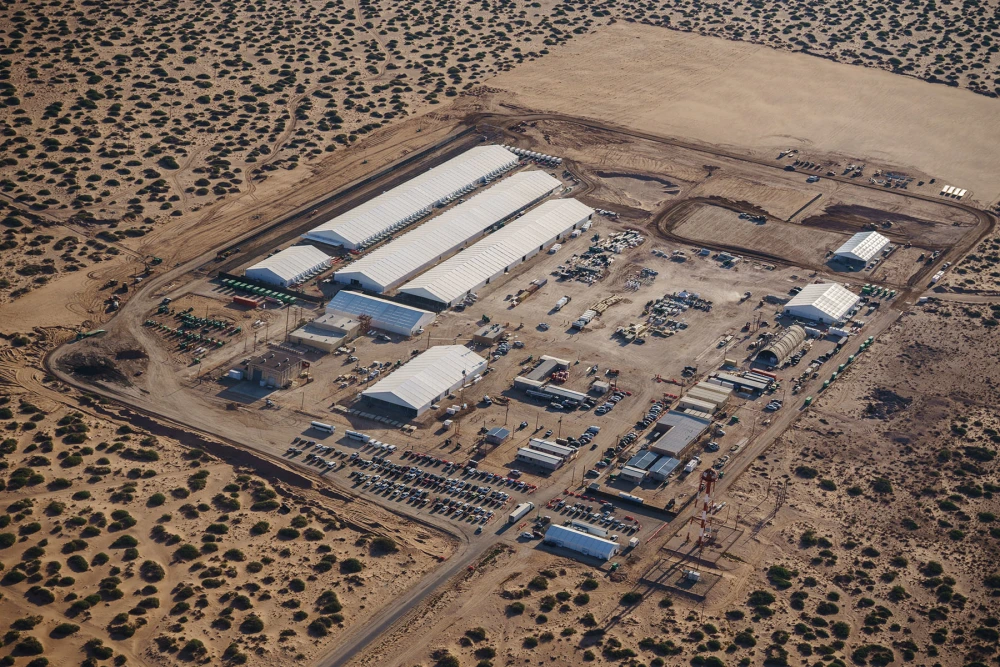COLUMBUS, Ohio (AP) — A high-stakes August special election with national political implications is upending local election offices across Ohio, as already stressed election workers are suddenly faced with a mountain of logistical challenges after Republican lawmakers backtracked on their own law.
Officials have to lure poll workers away from vacations, relocate polling places booked for summer weddings, maintenance or other events, and repeatedly retest ballot language after the state’s high court found errors.
“It’s disheartening. It’s exhausting,” said Michelle Wilcox, a Democrat who is the director of elections in tiny Auglaize County in northwest Ohio. “When you’re overworked, haven’t had breaks, are stressed, things can happen. These are the things that lead up to catastrophes on Election Day, and to have to do it on such a short timeline is troubling.”
The tight timeframe was imposed by Republican lawmakers, who reversed a new law that had taken effect in January to eliminate August elections. In May, they added the Aug. 8 special election for a measure that seeks to make it harder to amend the state’s constitution. If passed, the amendment would raise the threshold for passing future constitutional changes from a simple majority, as it’s been for more than a century, to 60%.
Republicans’ immediate goal is to make it harder for voters to pass an abortion rights amendment that is in the works for November.
Other brewing constitutional amendments also could be affected, including efforts to legalize recreational marijuana, increase the minimum wage, reform Ohio’s redistricting system and limit vaccine mandates.
All Ohio’s living ex-governors, both Democrats and Republicans, and five bipartisan former attorneys general oppose the constitutional change, along with a sweeping coalition of labor, faith, voting rights, civil rights and community groups. It’s backed by an alliance of powerful anti-abortion, gun rights, farming and business groups.
Chris Melody Fields Figueredo, executive director of the Ballot Initiative Strategy Center, said the effort is part of a growing movement in Republican-led states to weaken citizens’ access to direct democracy and will have national implications.
“What happens in Ohio, win or lose, will have an impact moving forward and have a reverberating effect across the country, because it’s stuck between two major election years, and it’s a special election,” she said. “Whatever happens, it will set the tone for how we go into 2024 legislative sessions, what tactics, what nuances state legislatures may do to try and undermine the will of the people, and impact the ability of citizens to bring issues to the ballot.”
Despite the significance, August’s Issue 1 could be decided by a fraction of Ohio voters. Turnout predictions diverge wildly.
Republican Joe Kuhn, a member of the Auglaize County Board of Elections, said the question should go before voters in a regular general election when history suggests turnout would be greater.




